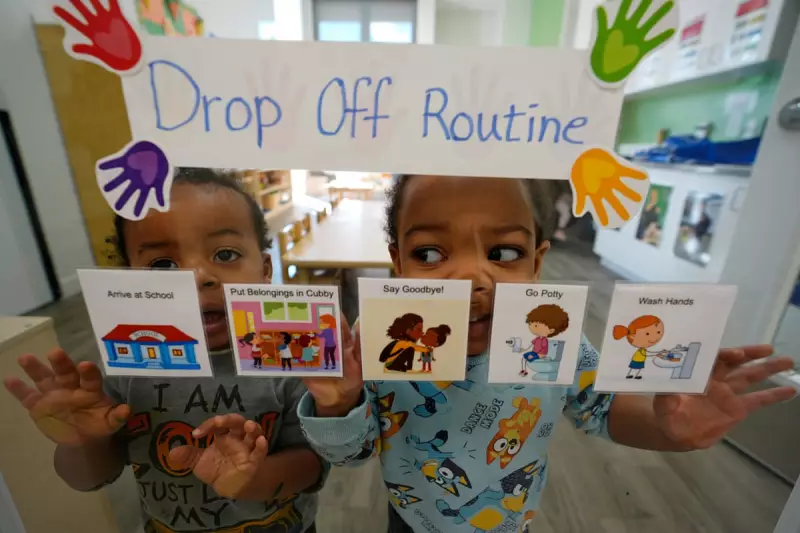
The lifeline that kept America's childcare sector afloat during the darkest days of the pandemic is facing extinction, setting the stage for what experts warn could be a catastrophic collapse of early education services across the nation.
The Ticking Time Bomb
Emergency federal funding that poured $24 billion into stabilising childcare providers during the COVID-19 crisis is scheduled to vanish in September 2025. This financial cliff edge threatens to reverse all the progress made in stabilising the sector and could leave millions of working parents in desperate situations.
Why This Matters for Every Family
The potential fallout from this funding withdrawal is staggering:
- Mass provider closures across multiple states
- Soaring costs for already-stretched families
- Reduced availability of quality childcare places
- Potential workforce disruptions as parents struggle to find care
The Human Cost Behind the Numbers
For providers like small daycare centres and nursery schools, this isn't just about balance sheets. Many have used these funds to:
- Keep qualified staff employed with competitive wages
- Maintain affordable fees for struggling families
- Invest in safety improvements and educational resources
- Keep their doors open in underserved communities
A Political Storm Brewing
The approaching deadline has sparked intense debate in Washington, with advocates pushing for permanent funding solutions while opponents question the sustainability of ongoing federal support. With the 2024 election landscape taking shape, childcare has unexpectedly emerged as a critical battleground issue that could sway millions of family voters.
What Happens Next?
Industry leaders and early education experts are sounding the alarm, warning that without congressional action, America could face a childcare crisis worse than anything seen during the pandemic itself. The clock is ticking for lawmakers to find a solution before this safety net disappears entirely.





